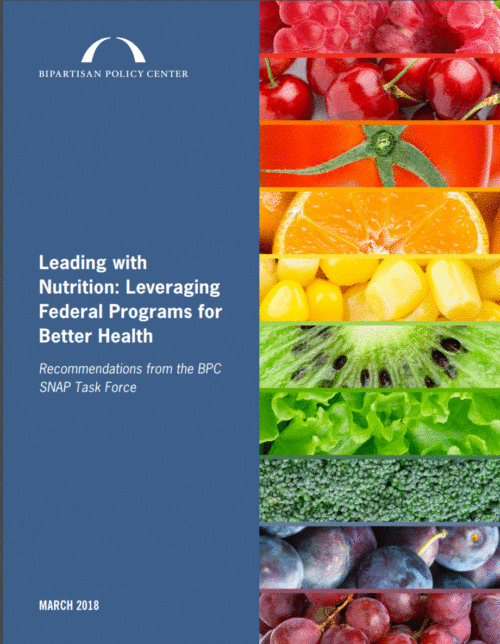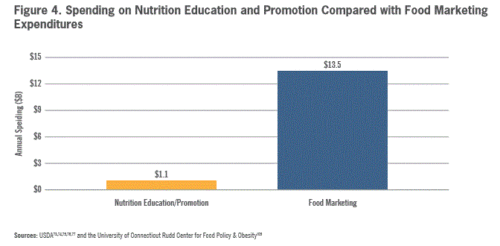Amazon and SNAP: a taxpayer-supported alliance
The Intercept published an account last week pointing out that:
- Amazon will soon accept grocery orders from SNAP (food stamp) participants
- One third of Amazon employees are paid so little that they depend on SNAP for food
- Taxpayers also subsidize Amazon with tax breaks, subsidies, and infrastructure improvements
Amazon pays its employees a median (half above, half below) annual salary of $28,466.
The New York Times points out that critics
have produced studies that say Amazon’s warehouses — which employ more than 125,000 full-time workers in the United States — don’t increase total local employment because of losses in other sectors. They also question the wisdom of subsidies to attract them. The American Booksellers Association, which represents independent bookstores, recently published a similar report on Amazon’s economic impact.
Amazon generated nearly $178 billion in online sales in 2017, its income grew by 27.8%, and it made $3 billion in profit.
Now we know why.



